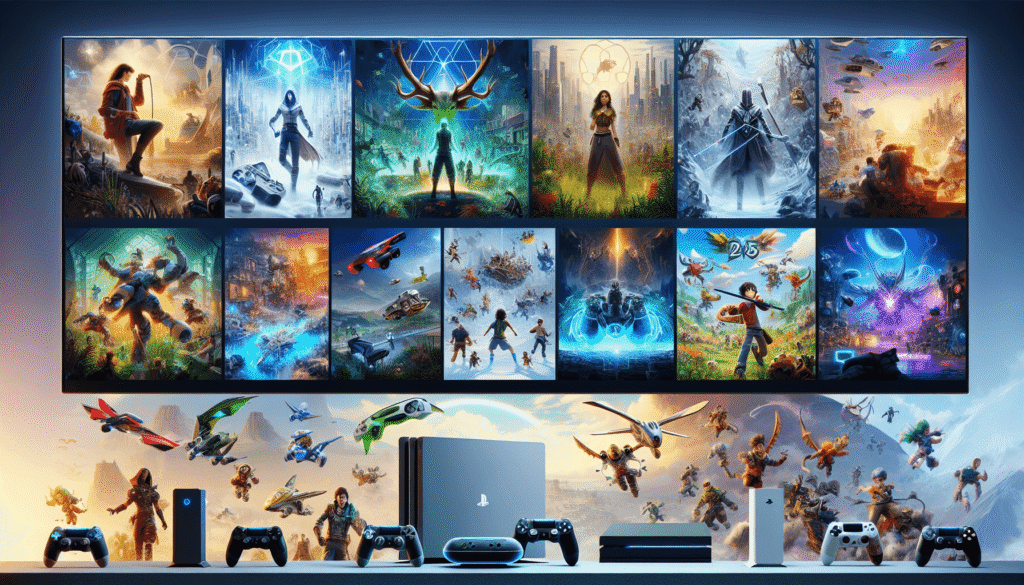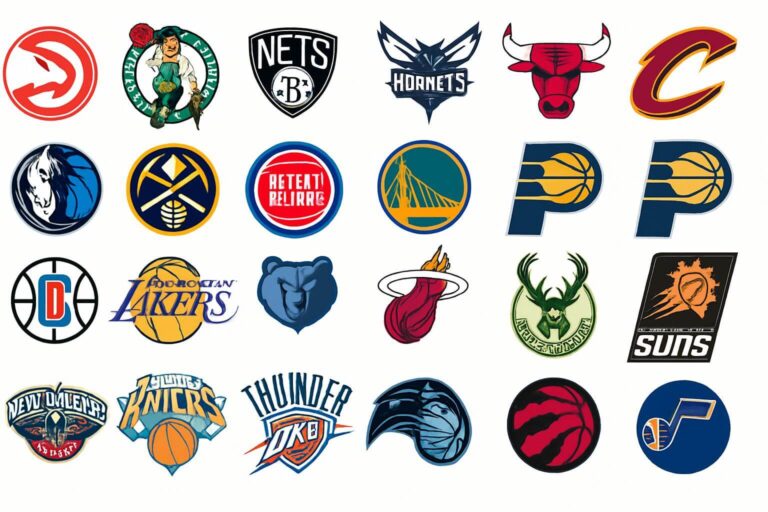
Questions Arise on Online Safety for Kids on Gaming Platforms
Online gaming has become a central part of childhood. Millions of kids play games every day. They connect, compete, and create in virtual worlds. These games promise fun and adventure. But now, serious questions arise on online safety for kids on gaming platforms. Recent incidents have exposed how dangerous these spaces can be.
A Tragic Turn: From Fun to Fatal
In early 2024, a 15-year-old boy named Ethan Dallas tragically ended his life. The incident began on Roblox, one of the world’s most popular gaming platforms for kids. Ethan met someone posing as a child. The stranger built trust and moved their interaction to a private messaging app. There, the predator manipulated Ethan into sending explicit photos. Despite Ethan telling his mother, the trauma overwhelmed him. Four months later, he took his own life. The case shocked many. It raised urgent questions about how gaming companies protect young players.
This was not the first such case. Over the years, several incidents revealed predators targeting children through games. The combination of in-game chat, private messaging, and weak moderation made it easy for bad actors to exploit kids.
The Dark Side of Online Gaming
Most people see online games as harmless fun. But behind the colorful graphics and exciting gameplay, a darker reality exists. Cyberbullying runs rampant. Studies suggest over three-quarters of players experience harassment at some point. Kids often face offensive messages, threats, or being mocked for their abilities.
Predators don’t just lurk in chatrooms. They blend in and disguise themselves as peers. They ask kids for personal information or inappropriate photos. Some even pressure children to meet offline.
It’s not only about predators. In-game purchases lead to financial exploitation. Kids can spend large amounts of money without fully understanding the consequences. Addiction also becomes a major issue. Some games design systems that keep kids hooked for hours, harming their mental and physical health.
Questions Arise on Online Safety for Kids on Gaming Platforms
The biggest twist in this debate is that the danger doesn’t always come from strangers. Many times, it comes from within the community. Peer pressure, toxic behaviour, and aggressive competition can hurt children deeply.
Parents ask: Why aren’t platforms doing more? Companies advertise parental controls. They claim to filter messages and restrict unsafe content. But these measures fall short. Automated filters cannot understand every context. Human moderators can’t keep up with millions of interactions every second.
Even when companies remove explicit content, predators often return under new accounts. The cycle repeats. This leaves many parents feeling helpless.
Recent Incidents Push Safety to the Frontline
Besides Ethan’s case, authorities worldwide are cracking down on online child exploitation rings. In one major case, eight individuals received harsh sentences for luring children online and distributing harmful content. These criminals used gaming platforms to gain access to minors. The public learned that predators often exploit the anonymity and accessibility of online games.
These tragic events forced governments to pay attention. Lawmakers are now demanding stricter rules for age verification, in-game communication, and data privacy. The industry faces increasing pressure to act.
What Parents Can Do Amid These Concerns
Parental controls remain a useful but limited tool. They can restrict access to certain games, limit playtime, and mute in-game chat. Still, the best protection lies in active involvement.
Experts advise parents to talk openly with their children about online dangers. They should encourage kids to report anything suspicious. Monitoring game activity helps, but it should come with understanding rather than punishment.
Most importantly, parents need to build trust. Kids should feel safe discussing their online experiences. Open dialogue beats strict rules in keeping children safe.
Conclusion
The world of online gaming offers adventure, social connections, and creativity. But as questions arise on online safety for kids on gaming platforms, it becomes clear that the industry and society must do more. Recent tragedies highlight serious gaps in protection. These are not isolated incidents. They point to a systemic problem.
Parents, developers, and lawmakers must work together. Only through strong regulations, constant vigilance, and honest conversations can we ensure that kids stay safe while exploring the digital world. The stakes have never been higher.





